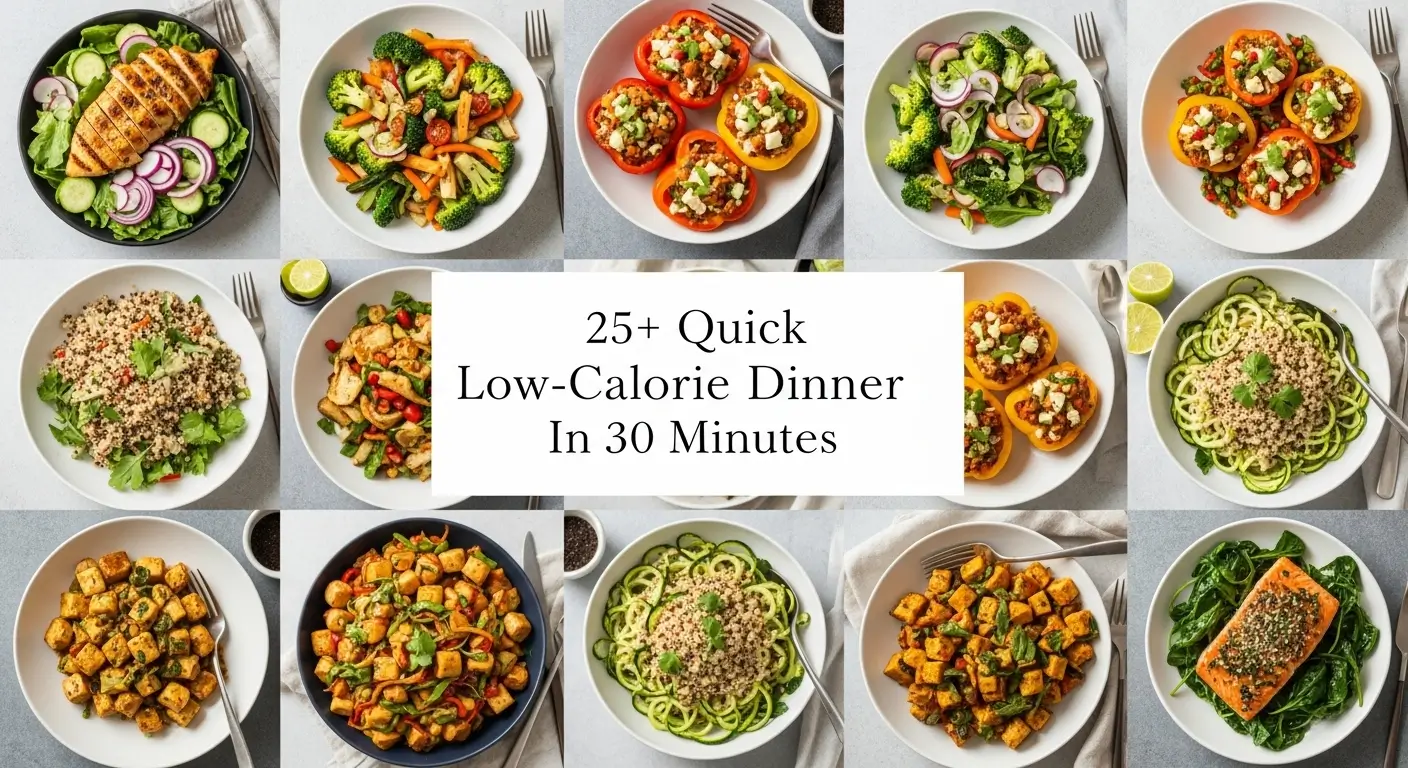Picture this: it’s 6 PM, you’re starving, and the last thing you want to do is spend an hour in the kitchen making something that’ll derail your health goals. Been there, done that, bought the takeout menu collection But here’s the thing—quick doesn’t have to mean unhealthy, and low-calorie definitely doesn’t have to mean boring or unsatisfying.
After years of juggling busy schedules and trying to maintain a healthy lifestyle, I’ve cracked the code on creating delicious, filling dinners that won’t break your calorie budget or your evening plans. These aren’t your typical “sad desk salad” meals either. We’re talking about real, satisfying dinners that’ll have you looking forward to cooking instead of dreading it.
Table of Contents :
Why 30-Minute Low-Calorie Dinners Are a Game-Changer
Let’s be real—most of us live in that sweet spot between “too busy to cook” and “too health-conscious for fast food.” Traditional diet advice tells you to spend hours meal prepping on Sundays, but who actually has time for that? IMO, the key isn’t perfect meal prep; it’s having a arsenal of quick, go-to recipes that work with your actual life.
The beauty of 30-minute meals lies in their simplicity. You’re not dealing with complicated techniques or exotic ingredients that expire before you can use them again. Instead, you’re working with fresh, whole ingredients that come together quickly and taste amazing.
Key Benefits of Quick Low-Calorie Dinners:
- Reduces temptation for takeout or processed foods
- Saves time and energy after long days
- Keeps you on track with health goals
- Often more budget-friendly than restaurant meals
- Allows for better portion control
Essential Ingredients for Your Quick Dinner Arsenal
Before we dive into the recipes, let’s talk about stocking your kitchen with the right ingredients. Having these staples on hand means you’re always 30 minutes away from a satisfying meal.
Protein Powerhouses
Lean proteins are your best friend for low-calorie cooking because they keep you full while keeping calories in check. My go-to proteins include:
- Chicken breast (about 165 calories per 4 oz)
- White fish like cod or tilapia (120-140 calories per 4 oz)
- Shrimp (80-100 calories per 4 oz)
- Eggs (70 calories each)
- Greek yogurt (100 calories per ¾ cup)
- Tofu (70 calories per 3 oz)
Vegetable Variety
Vegetables are where you can really bulk up your meals without adding significant calories. Keep both fresh and frozen options available:
- Leafy greens (spinach, kale, arugula)
- Cruciferous vegetables (broccoli, cauliflower, Brussels sprouts)
- Zucchini and summer squash
- Bell peppers
- Mushrooms
- Cherry tomatoes
Smart Carbohydrates
Not all carbs are created equal. These options provide energy and satisfaction without excessive calories:
- Cauliflower rice (25 calories per cup vs. 200+ for regular rice)
- Zucchini noodles
- Spaghetti squash
- Quinoa (in moderation)
- Sweet potatoes
25+ Quick Low-Calorie Dinner Ideas
Now for the good stuff! These recipes are organized by cooking method to help you choose based on your mood and available equipment.
1. Mediterranean Chicken Skillet
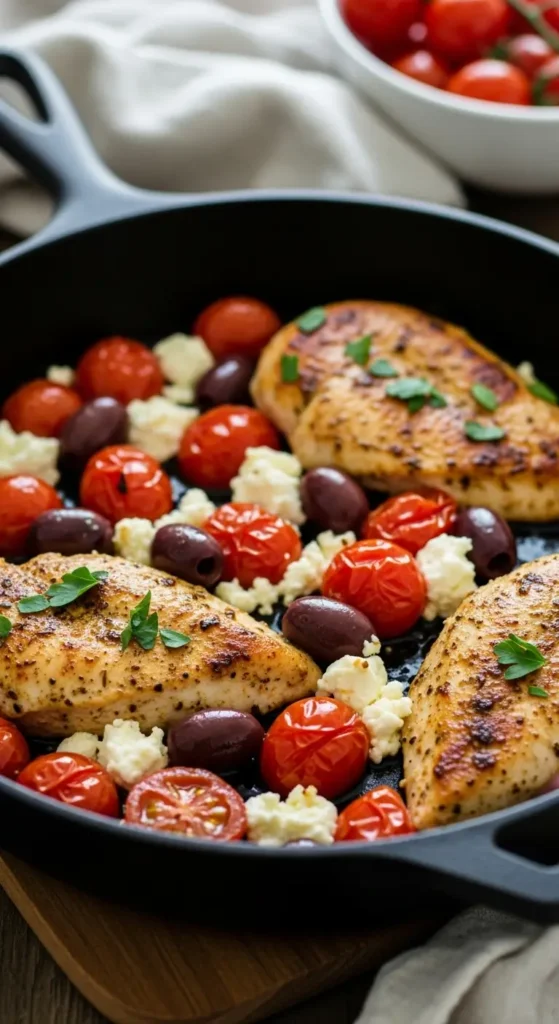
(280 calories) Seasoned chicken breast with cherry tomatoes, olives, and feta cheese. The flavors transport you straight to a Greek island, minus the vacation calories.
Full Recipe2. Shrimp and Vegetable Stir-Fry
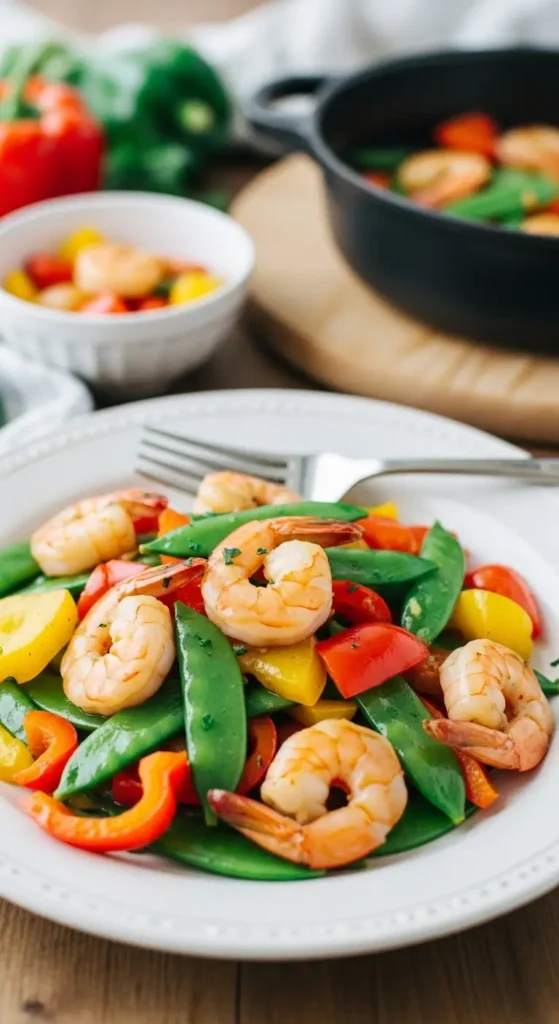
(220 calories) Quick-cooking shrimp with bell peppers, snap peas, and a light ginger-soy sauce. Ready in 15 minutes flat!
Full Recipe3. Turkey and Zucchini Skillet
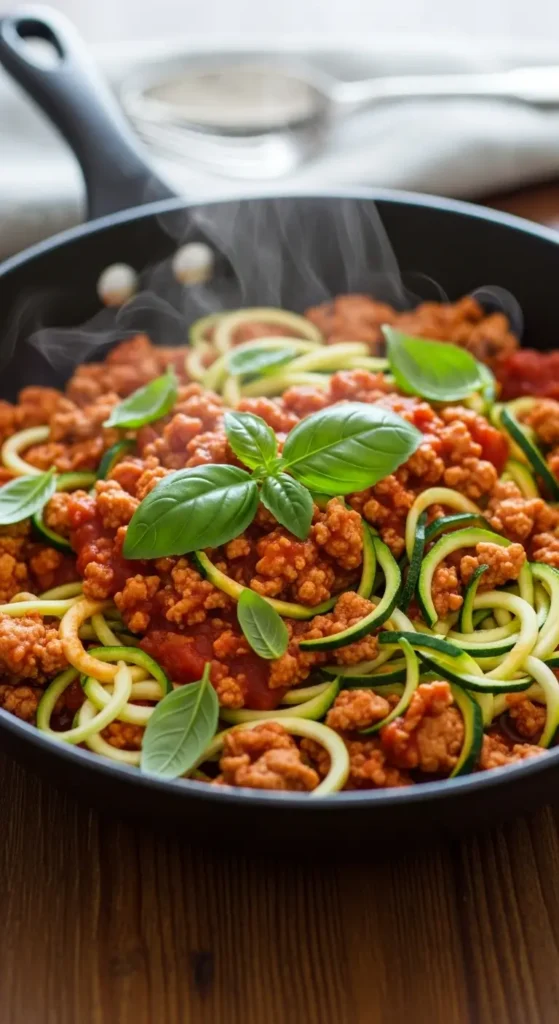
(240 calories) Ground turkey (93% lean) with spiralized zucchini, marinara sauce, and fresh basil. It’s like spaghetti night, but better.
Full Recipe4. Cajun Fish with Peppers
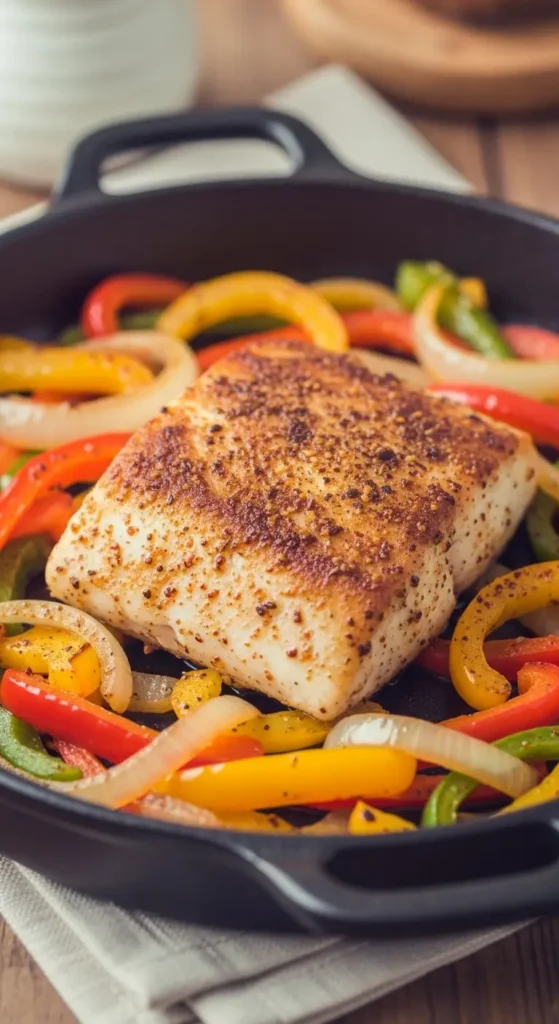
(260 calories) Blackened white fish with colorful bell peppers and onions. The spice blend makes this anything but boring.
Full Recipe5. Chicken Fajita Bowl
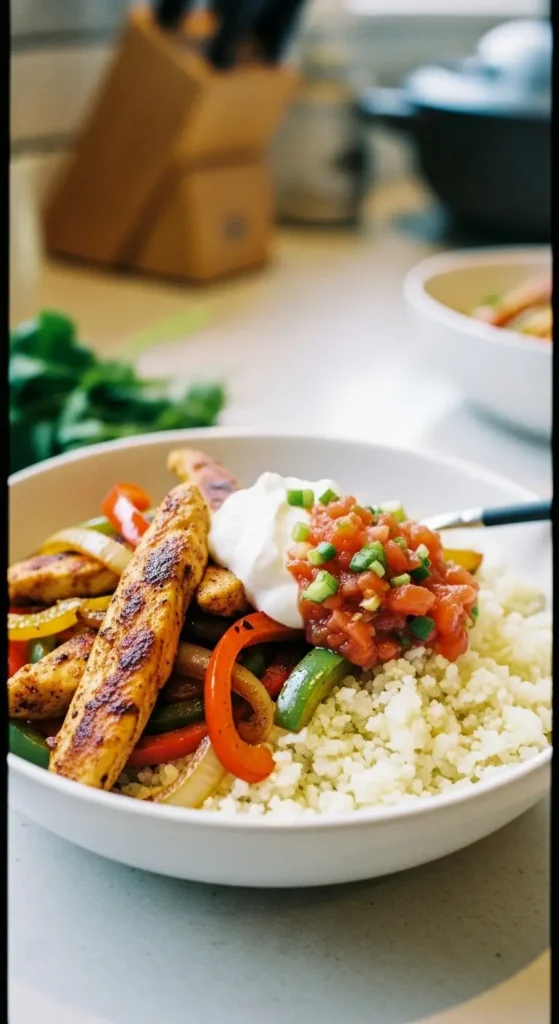
(290 calories) Seasoned chicken strips with peppers and onions served over cauliflower rice with salsa and Greek yogurt.
Full Recipe6. Lemon Herb Salmon with Vegetables
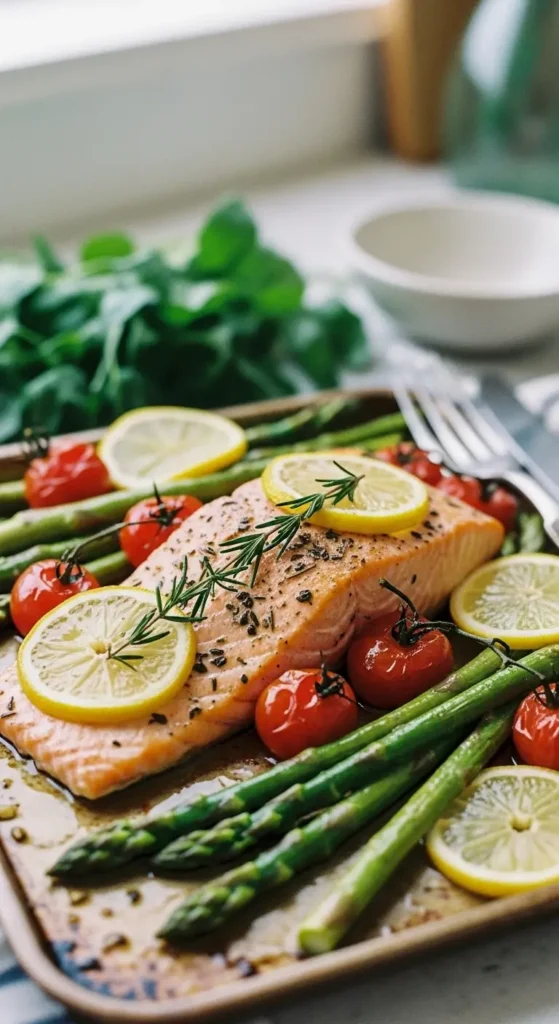
(320 calories) Salmon fillet with asparagus and cherry tomatoes, all roasted together with herbs and lemon.
Full Recipe7. Italian Chicken and Vegetables
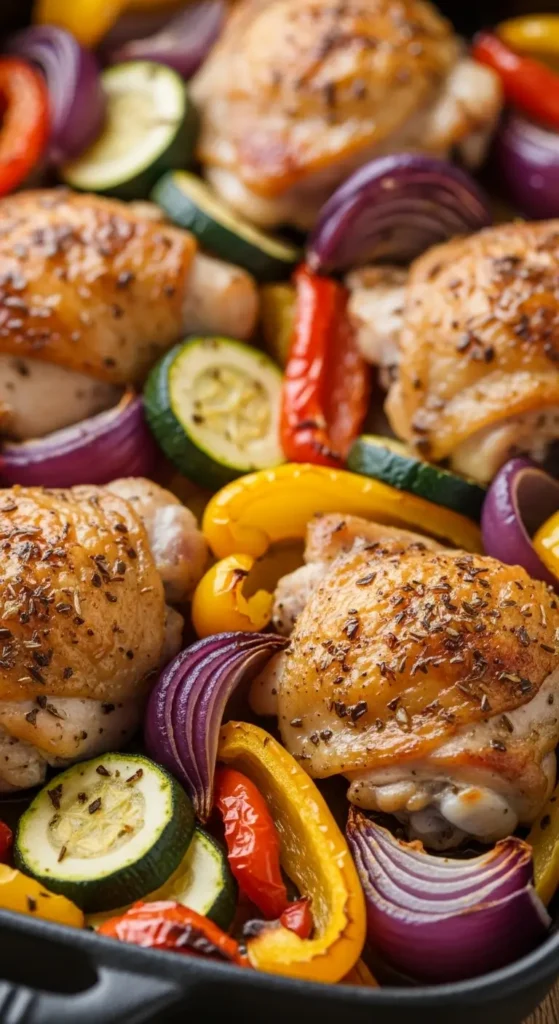
(270 calories) Chicken thighs with zucchini, bell peppers, and red onion, seasoned with Italian herbs.
Full Recipe8. Shrimp and Broccoli Bake
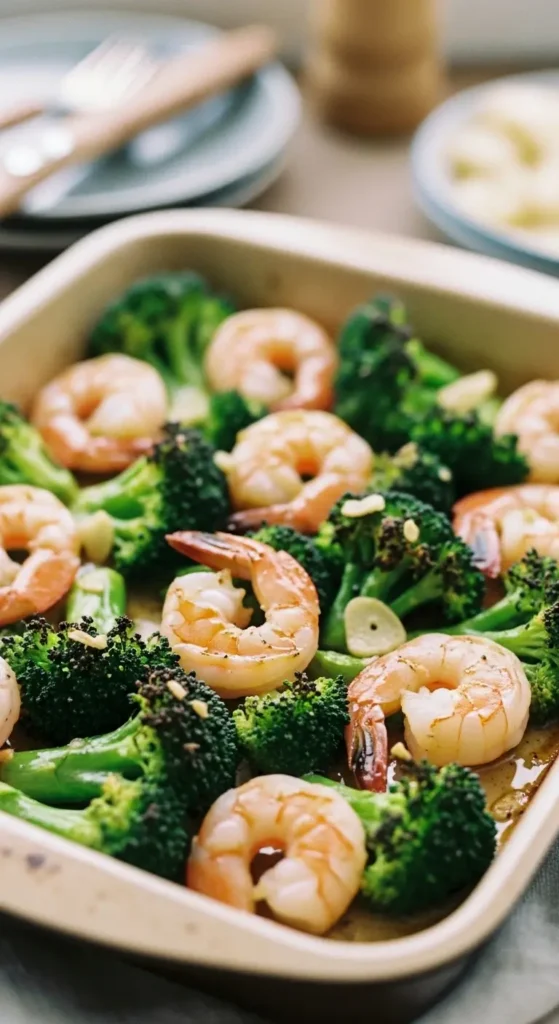
(210 calories) Jumbo shrimp with broccoli florets, tossed in garlic and olive oil.
Full Recipe9. Chicken Vegetable Soup
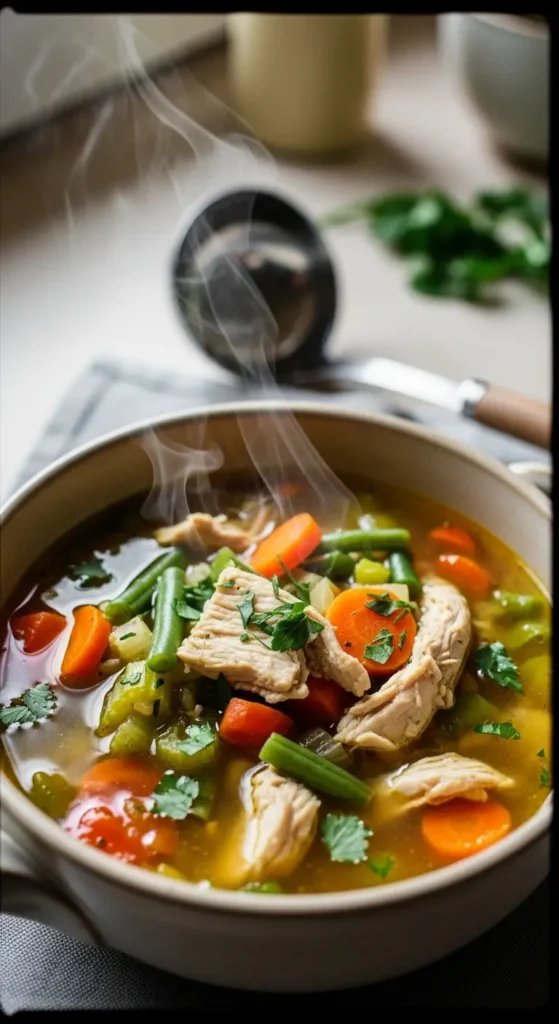
(180 calories per bowl) Loaded with vegetables and lean chicken in a flavorful broth. Make a big batch and freeze portions!
Full Recipe10. White Bean and Kale Soup
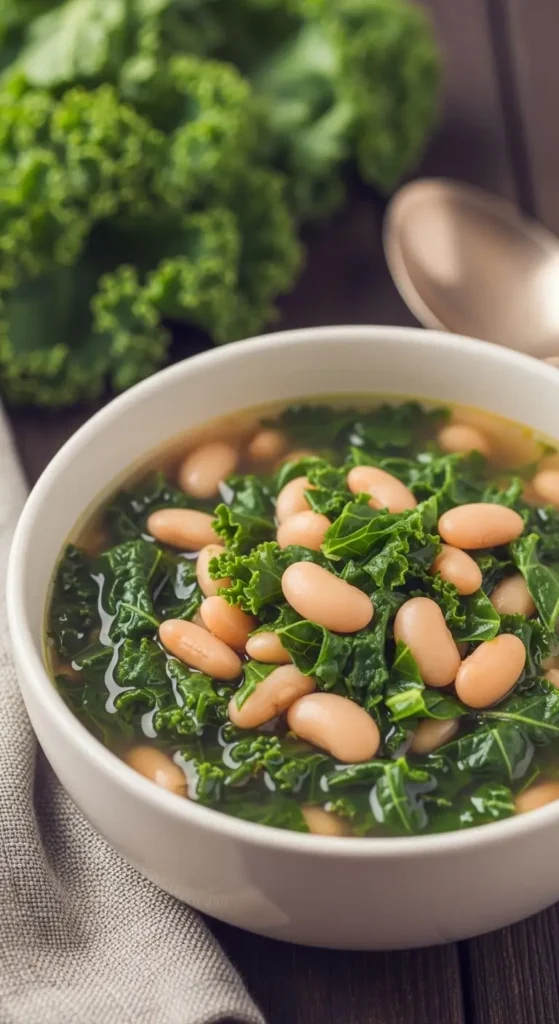
(200 calories) Hearty and filling with protein-rich white beans and nutrient-dense kale.
Full Recipe11. Thai-Inspired Coconut Soup
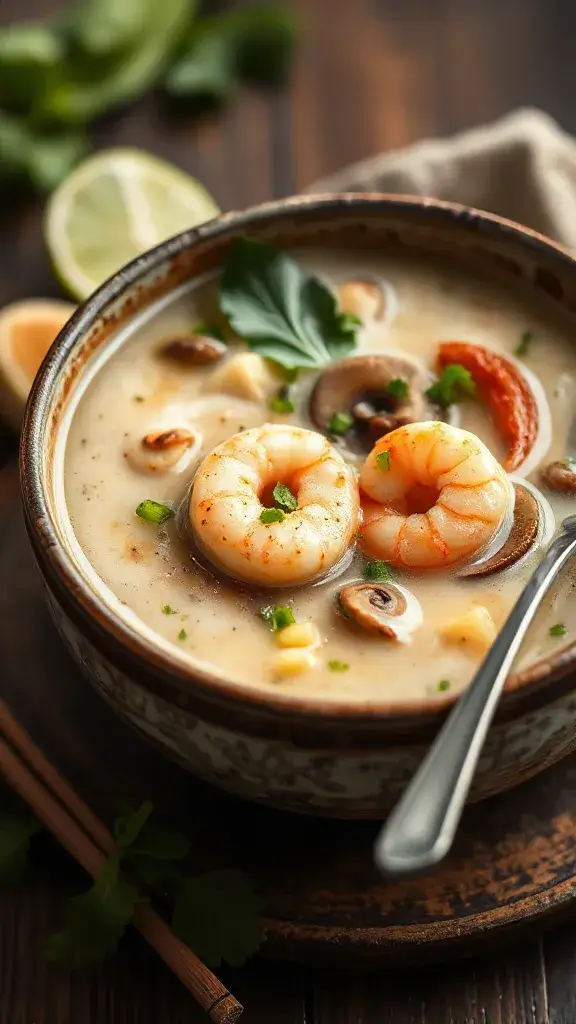
(250 calories) Light coconut milk with shrimp, mushrooms, and bok choy, flavored with lemongrass and lime.
12. Asian Chicken Salad
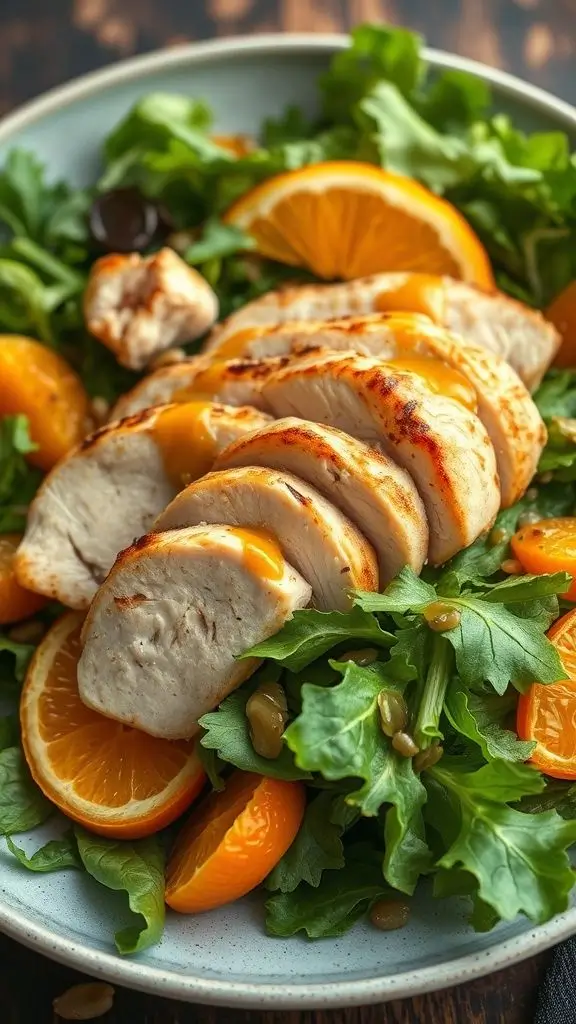
(280 calories) Mixed greens with grilled chicken, mandarin oranges, and a sesame-ginger dressing.
13. Greek Power Bowl
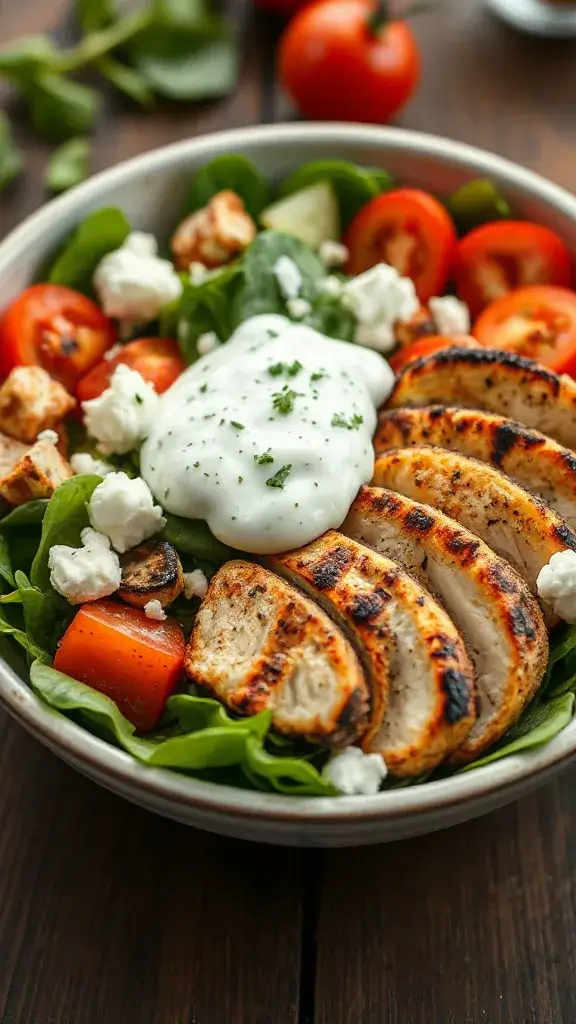
(290 calories) Spinach, cucumber, tomatoes, grilled chicken, and feta with tzatziki made from Greek yogurt.
14. Taco Salad Bowl
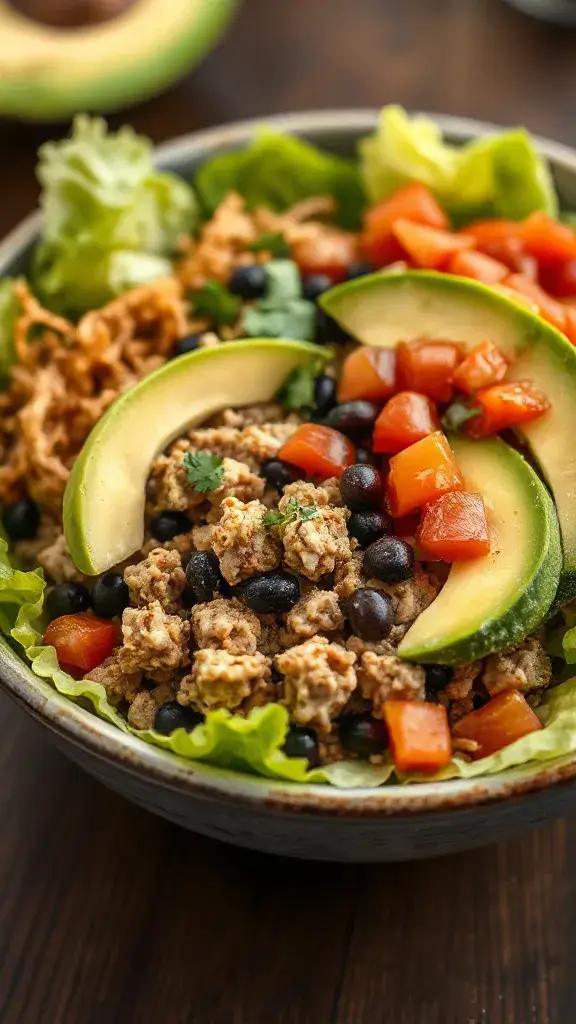
(270 calories) Lettuce, seasoned ground turkey, black beans, salsa, and avocado.
15. Stuffed Bell Peppers
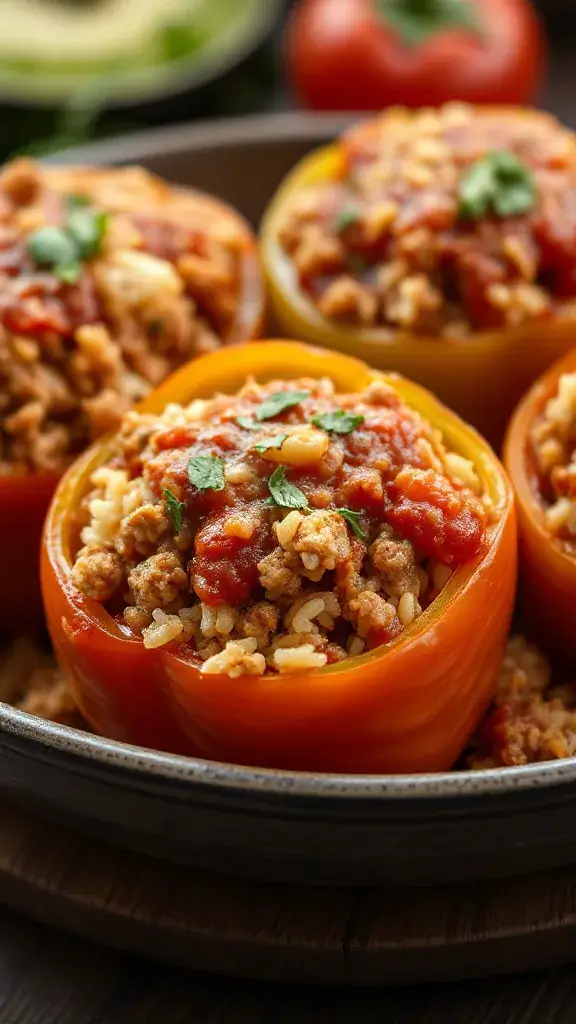
(220 calories) Bell peppers filled with a mixture of ground turkey, cauliflower rice, and marinara sauce.
16. Zucchini Boats
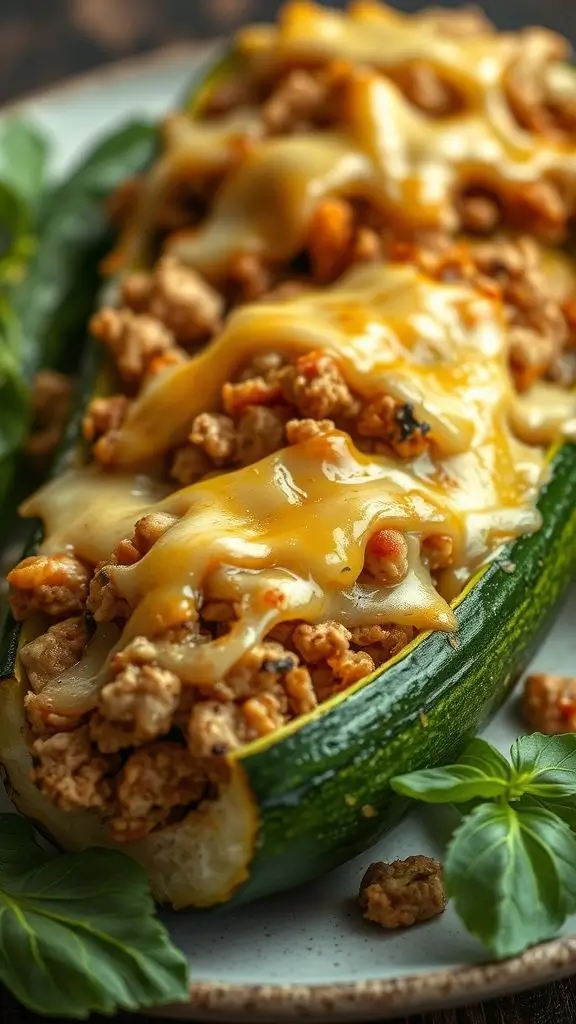
(190 calories) Hollowed zucchini filled with seasoned ground chicken and topped with cheese.
17. Eggplant Pizza
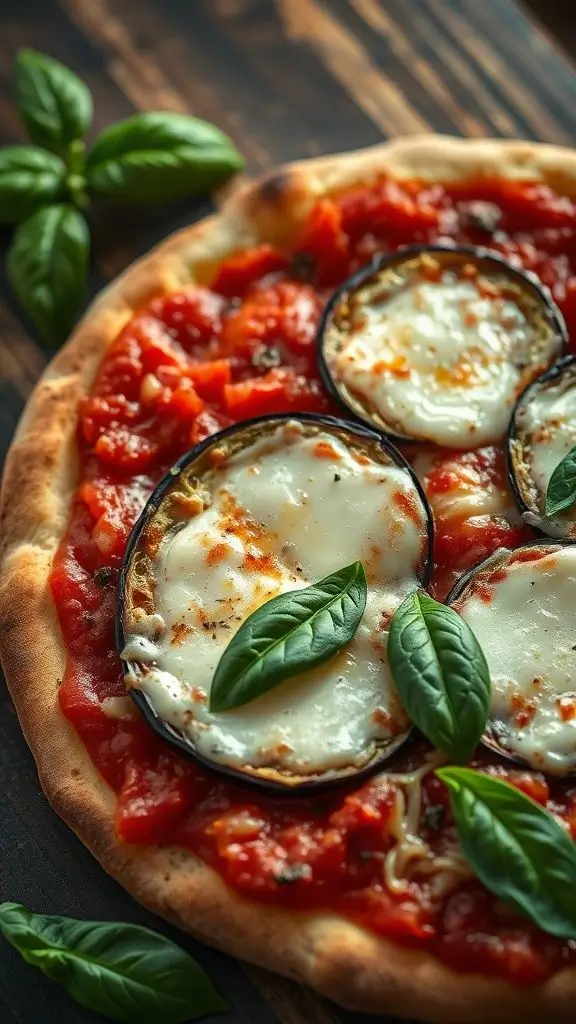
(160 calories) Sliced eggplant topped with marinara, mozzarella, and fresh basil.
18. Cauliflower Fried Rice
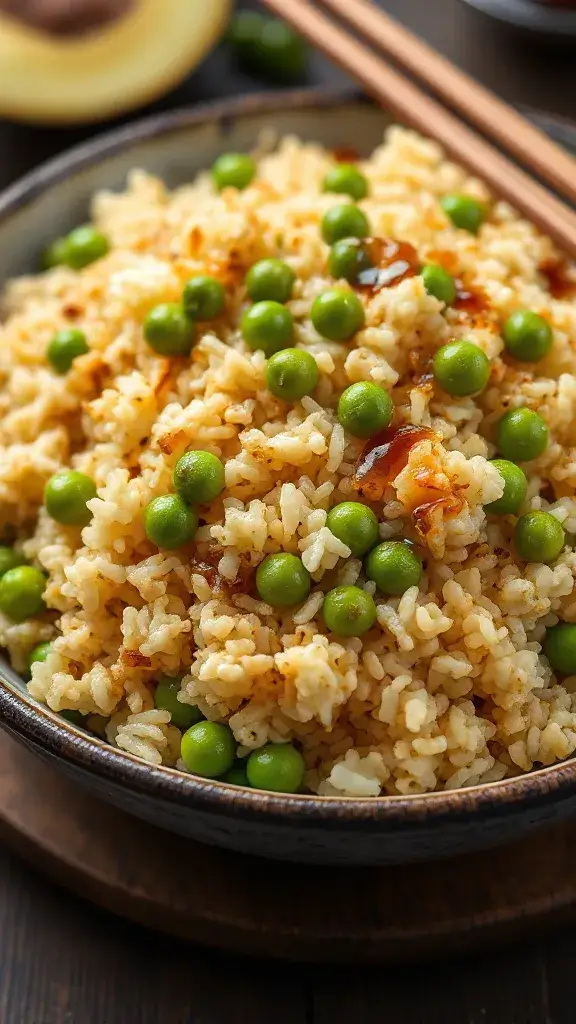
(180 calories) Riced cauliflower with eggs, peas, and soy sauce—all the flavor, fraction of the calories.
19. Lettuce Wrap Tacos
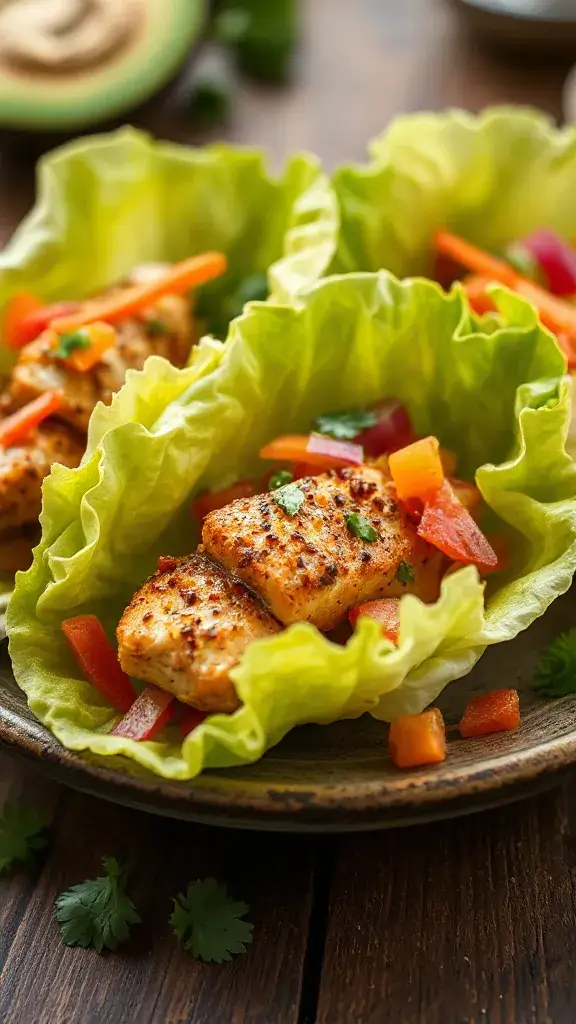
(150 calories) Seasoned fish or chicken in butter lettuce cups with fresh toppings.
20. Spaghetti Squash Marinara
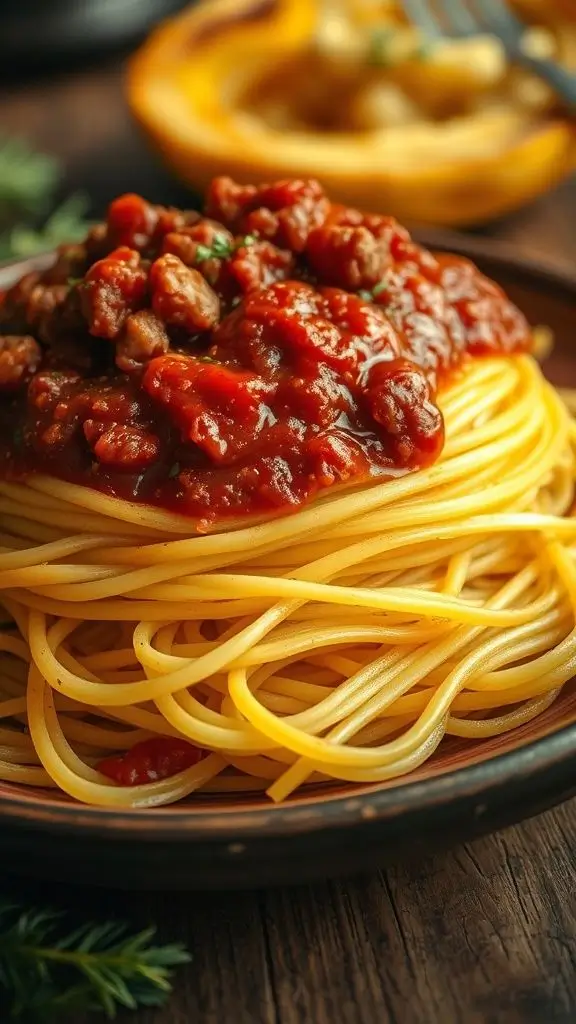
(160 calories) Roasted spaghetti squash with meat sauce—comfort food that won’t derail your goals.
21. Indian Chicken Curry
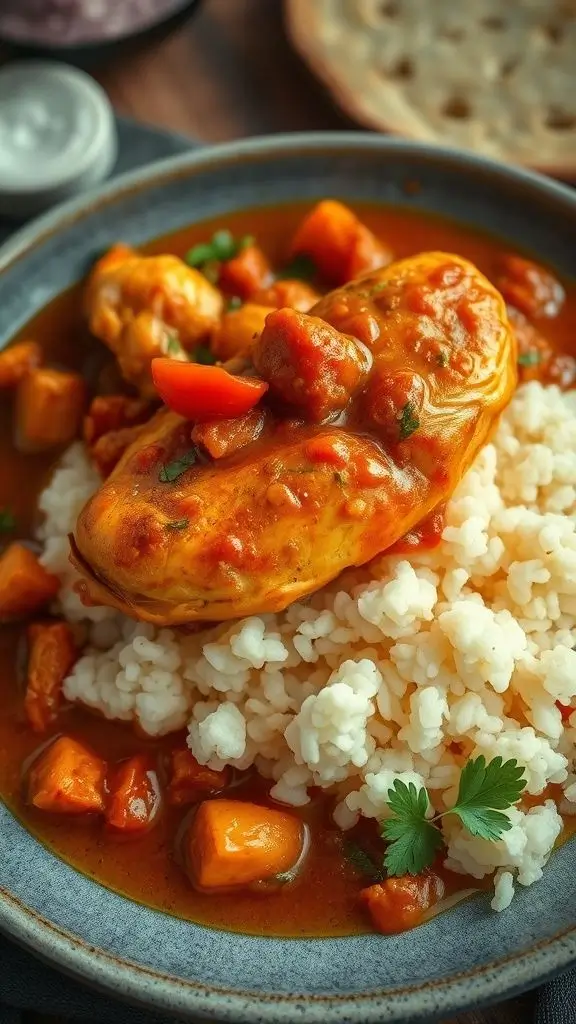
(280 calories) Chicken breast in a tomato-based curry sauce with vegetables, served over cauliflower rice.
22. Mexican Fish Tacos
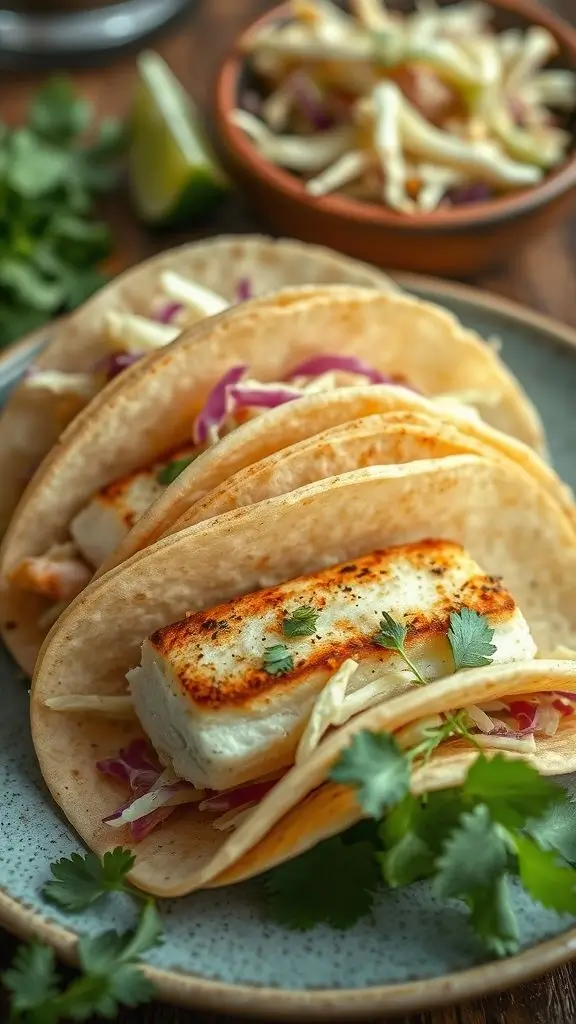
(240 calories) Grilled white fish with cabbage slaw in corn tortillas (use small ones!).
23. Japanese Miso Soup with Tofu
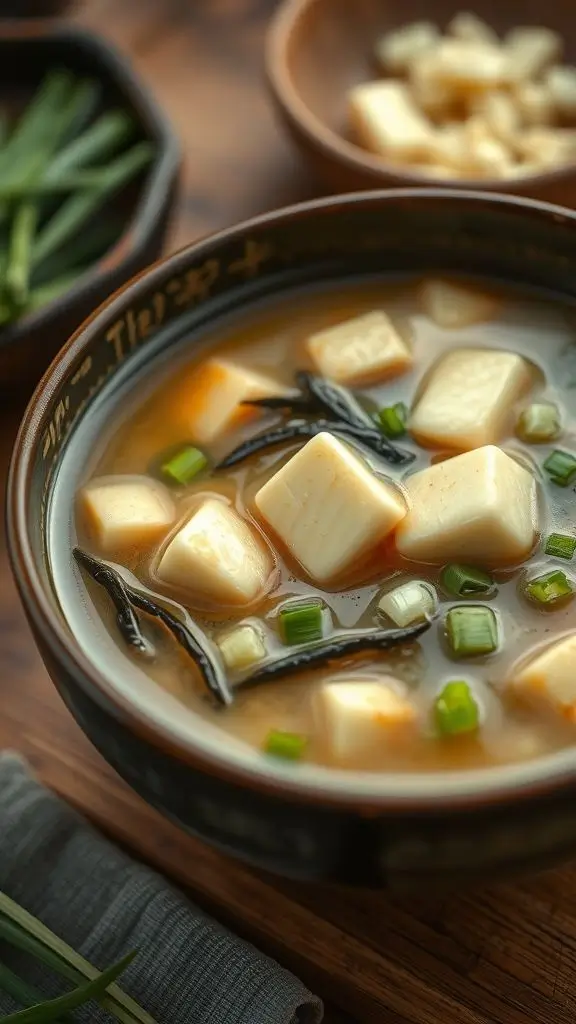
(140 calories) Traditional miso soup loaded with tofu, seaweed, and green onions.
24. Italian Caprese Chicken
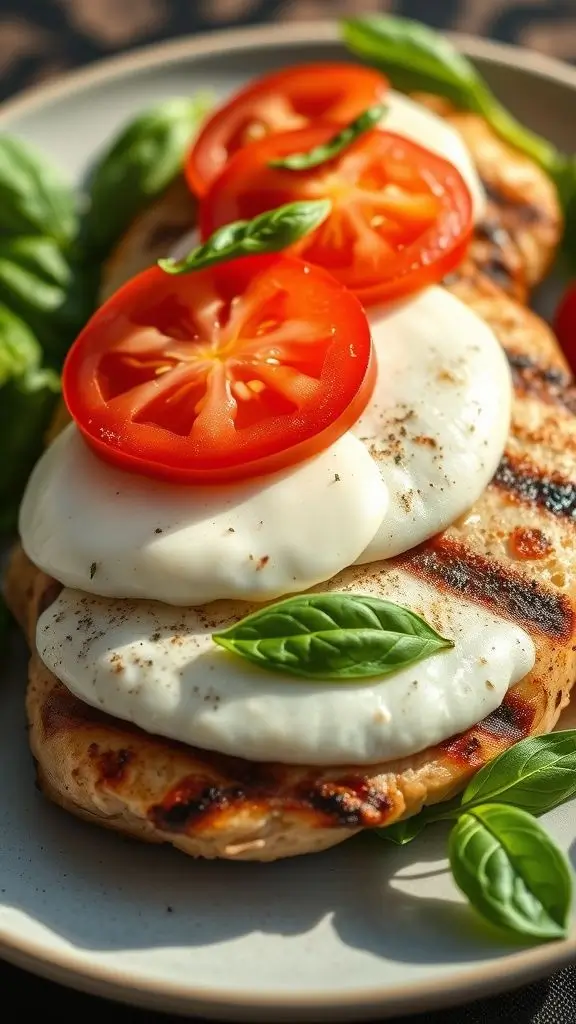
(290 calories) Grilled chicken topped with fresh mozzarella, tomatoes, and basil.
25. Korean-Style Beef Bowl
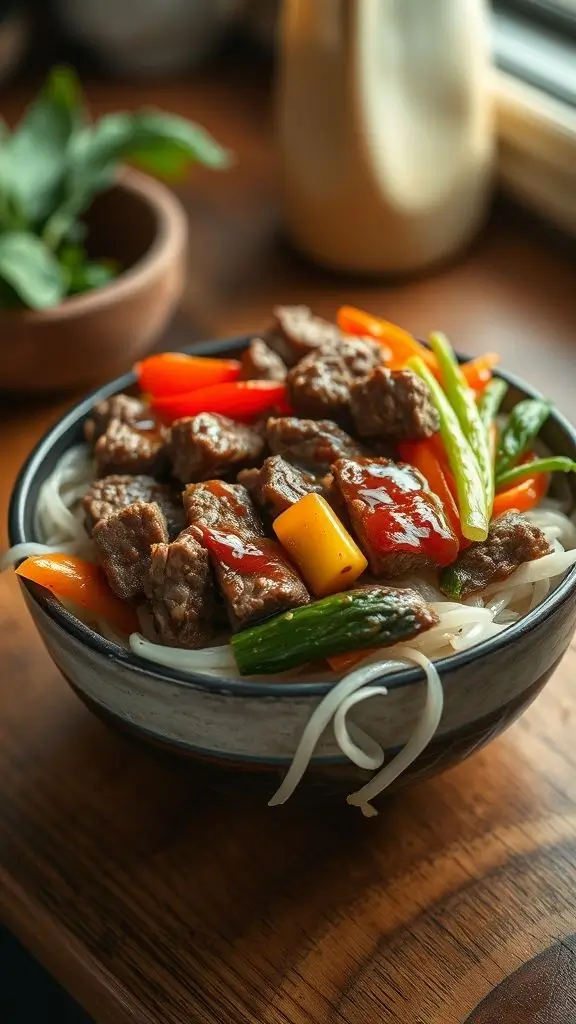
(310 calories) Lean ground beef with vegetables in a savory-sweet sauce over shirataki noodles.
Bonus Ideas:
- Egg and Vegetable Scramble (200 calories)
- Turkey Meatballs with Zucchini Noodles (260 calories)
- Baked Cod with Roasted Vegetables (230 calories)
Time-Saving Preparation Tips
Want to make these dinners even faster? Here are my tried-and-true shortcuts that don’t compromise on flavor:
Weekend Prep Strategies
- Pre-cut vegetables on Sunday for the week
- Season proteins in advance and store in the refrigerator
- Cook grains in bulk (quinoa, brown rice) and store in portions
- Make sauce bases that can be used multiple ways
Kitchen Equipment That Speeds Things Up
- Sharp knives make chopping faster and safer
- Non-stick pans reduce cooking time and cleanup
- Instant-read thermometer ensures proteins are cooked perfectly
- Vegetable spiralizer for quick veggie noodles
Smart Shopping Habits
- Pre-washed greens save precious minutes
- Frozen vegetables are just as nutritious and often faster to prepare
- Canned beans (rinsed) provide quick protein
- Pre-cooked proteins like rotisserie chicken can be meal starters
Nutritional Balance in Quick Meals
Here’s something diet culture gets wrong: low-calorie doesn’t mean low-satisfaction. The secret is creating balanced meals that include protein, healthy fats, and fiber-rich carbohydrates.
The Perfect Plate Formula
- ½ plate vegetables (the more colorful, the better)
- ¼ plate lean protein (palm-sized portion)
- ¼ plate smart carbohydrates (think nutrients, not just calories)
- Healthy fats in moderation (avocado, olive oil, nuts)
Satiety Secrets
Why do some low-calorie meals leave you hungry an hour later while others keep you satisfied? It comes down to:
- Protein content: Aim for 20-30 grams per meal
- Fiber intake: Vegetables and whole grains keep you full longer
- Healthy fats: A small amount helps with nutrient absorption and satisfaction
- Volume: Bulk up meals with low-calorie, high-volume foods like vegetables and broth-based soups
Common Mistakes to Avoid
After years of quick dinner experiments (and some spectacular failures), here are the mistakes that’ll trip you up:
The “Diet Food” Trap
Just because something is low-calorie doesn’t mean it’s satisfying. Flavor matters! Don’t be afraid of herbs, spices, and small amounts of healthy fats that make food actually enjoyable.
Portion Distortion
Even healthy foods have calories. While vegetables are your friend, going overboard on nuts, avocado, or olive oil can quickly add up.
The All-or-Nothing Mentality
Some nights, you’ll order pizza. That’s life! The goal isn’t perfection; it’s having enough easy, healthy options that you choose them most of the time.
Forgetting About Satisfaction
A 200-calorie dinner that leaves you raiding the pantry at 9 PM isn’t actually helping your goals. Better to have a 300-calorie dinner that keeps you satisfied all evening.
Making It Sustainable
The best diet is the one you can stick with, and the same goes for quick dinner solutions. Here’s how to make this approach work long-term:
Rotation Strategy
Don’t try to master all 25+ recipes at once. Pick 5-7 favorites and rotate them for a few weeks. Once they become second nature, add a few more to your repertoire.
Flavor Variety
Combat boredom by changing up seasonings and sauces. The same chicken and vegetables can taste completely different with Italian herbs one night and Asian flavors the next.
Flexibility Factor
Life happens. Sometimes you’ll only have 20 minutes, sometimes you’ll have 45. Having recipes for different time constraints keeps you prepared for anything.
Your Quick Dinner Success Plan
Ready to transform your weeknight dinners? Here’s your action plan:
Week 1: Choose 3 recipes from different categories (skillet, sheet pan, salad) and shop for ingredients.
Week 2: Add 2 more recipes to your rotation and start experimenting with different seasonings.
Week 3: Try one completely new recipe and double one of your favorites for leftovers.
Week 4: Assess what’s working and what isn’t. Adjust portions, flavors, or techniques as needed.
Remember, the goal isn’t to become a gourmet chef overnight—it’s to develop a sustainable system that supports your health goals without taking over your life.
FYI, some of my best recipe discoveries happened when I was just throwing together whatever was in my fridge. Don’t be afraid to experiment and make these recipes your own. After all, the best low-calorie dinner is the one you’ll actually look forward to making and eating.
The beauty of having a solid repertoire of quick, healthy dinners isn’t just about the calories saved or the time gained—it’s about the confidence that comes from knowing you can nourish yourself well, even on the busiest days. And trust me, once you get into the rhythm of 30-minute healthy dinners, you’ll wonder why you ever thought eating well had to be complicated.
So grab your favorite pan, pick a recipe, and get ready to prove that healthy, quick, and delicious can absolutely coexist in the same meal. Your future self (and your taste buds) will thank you!

